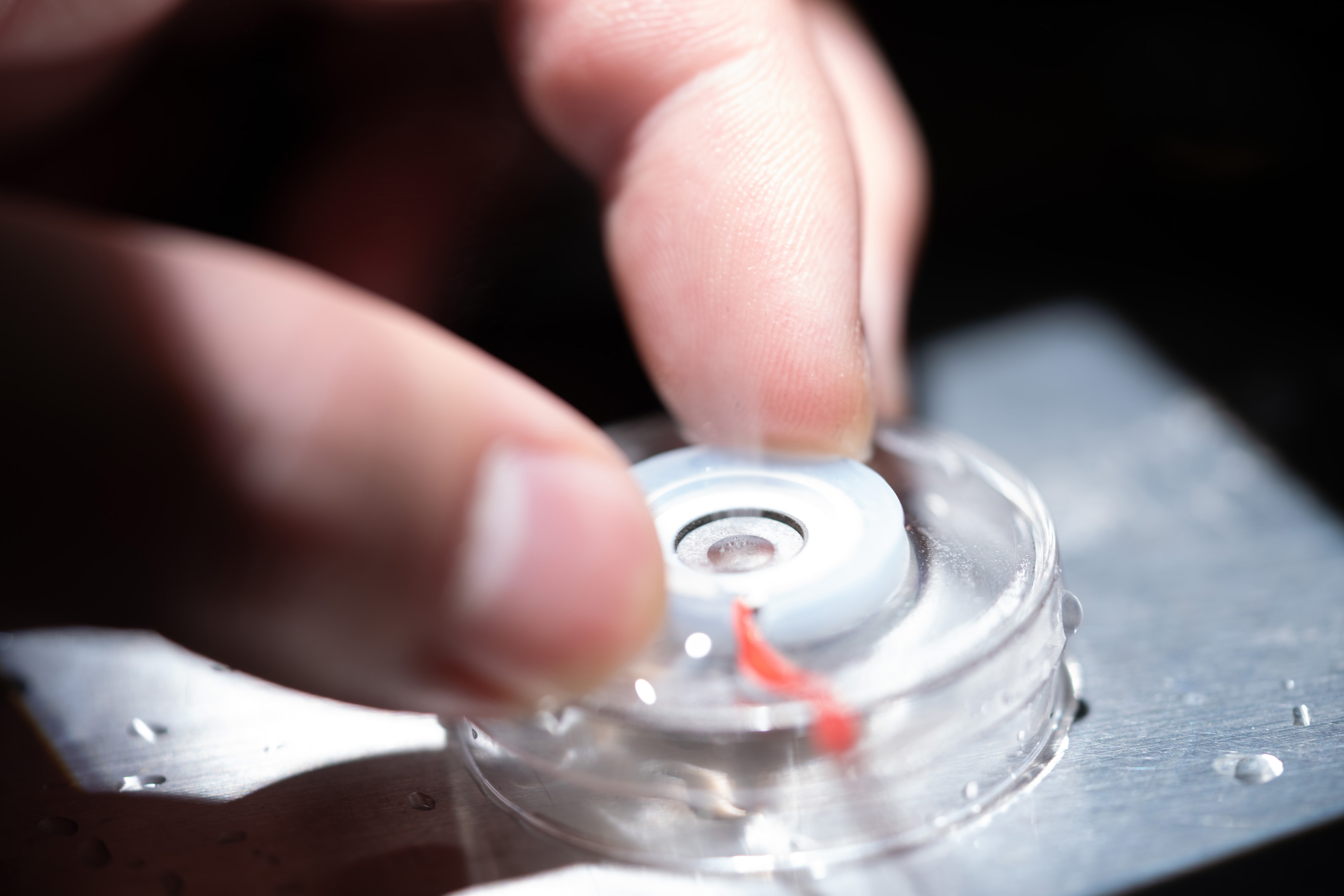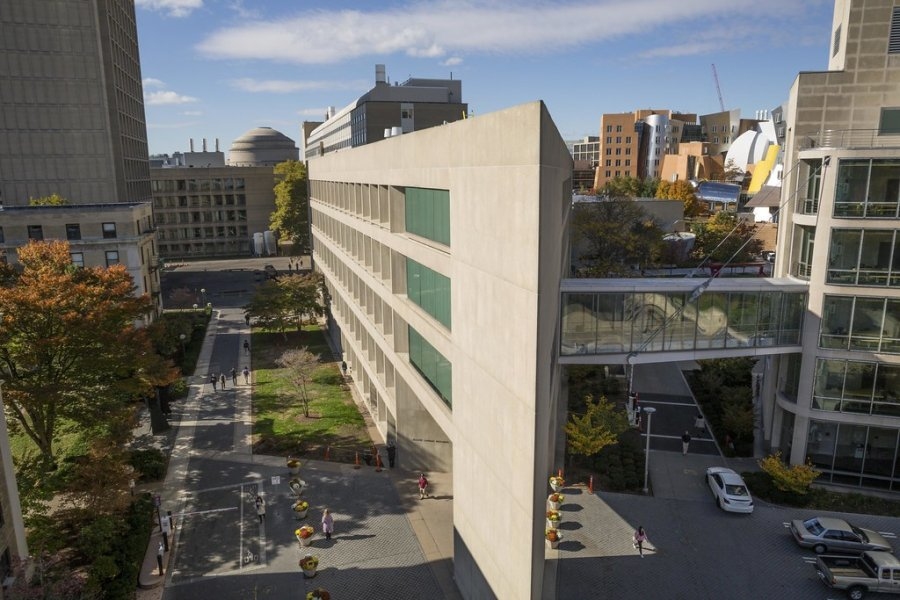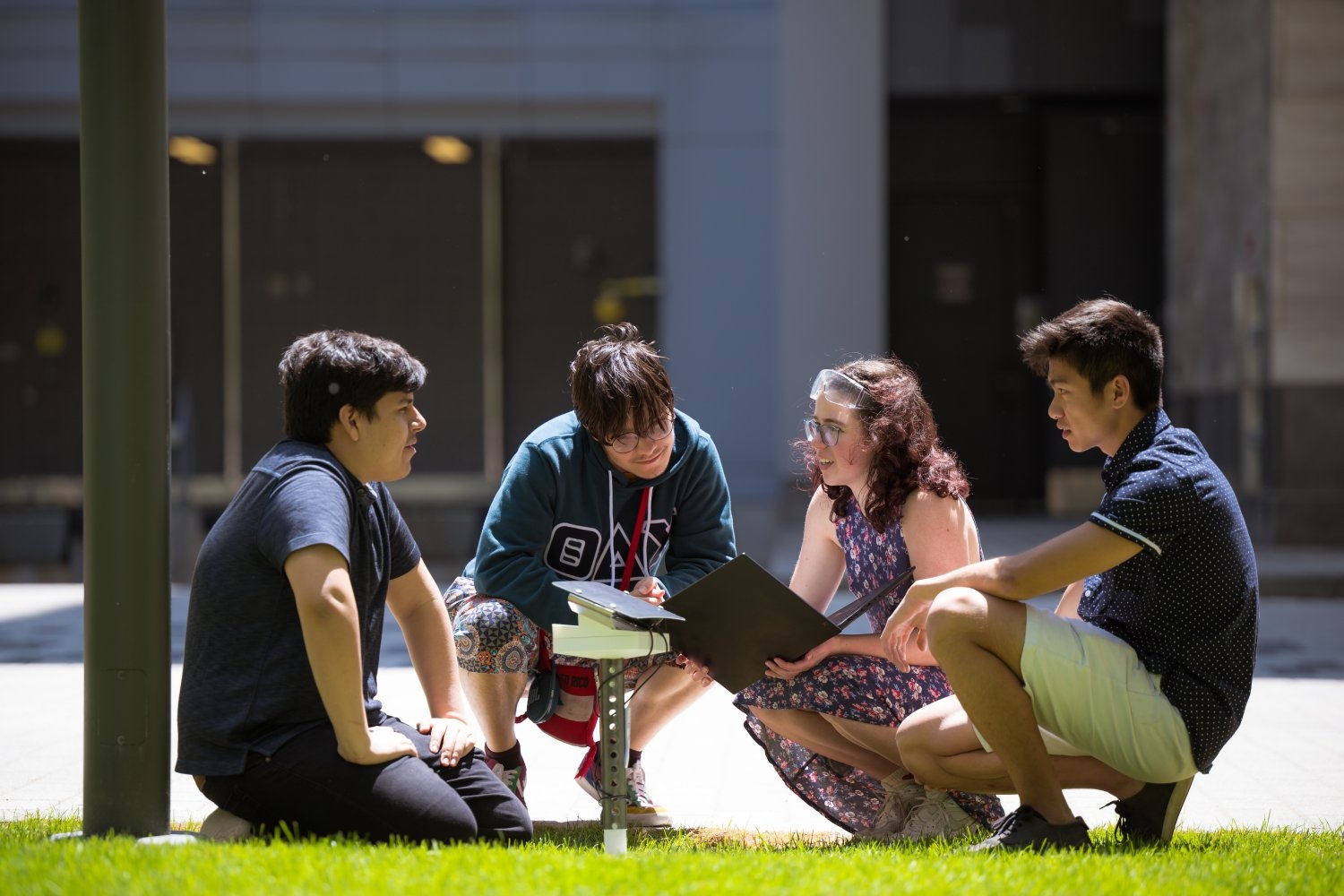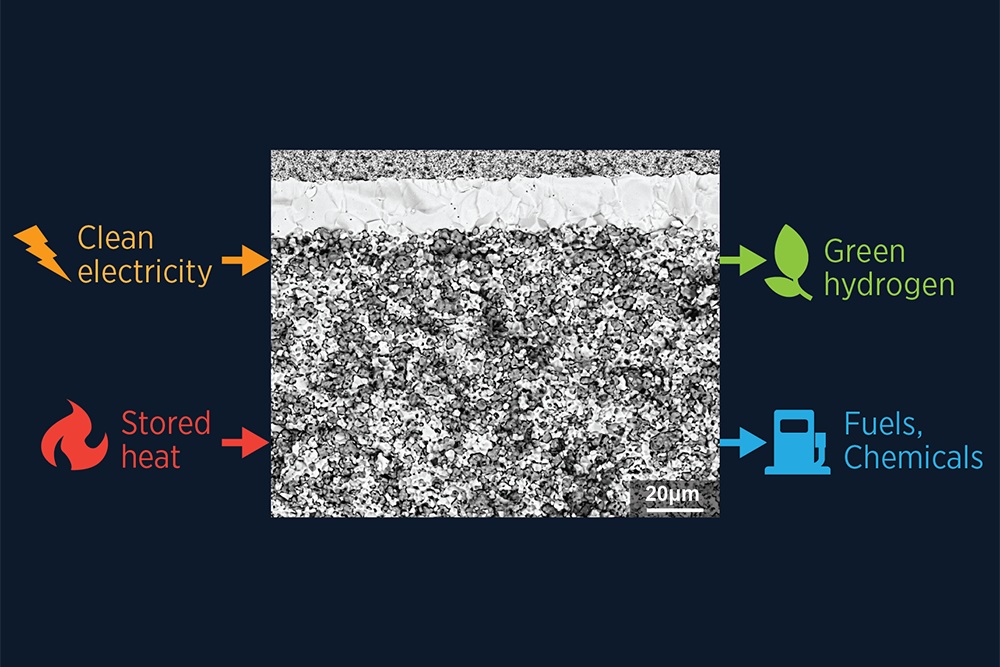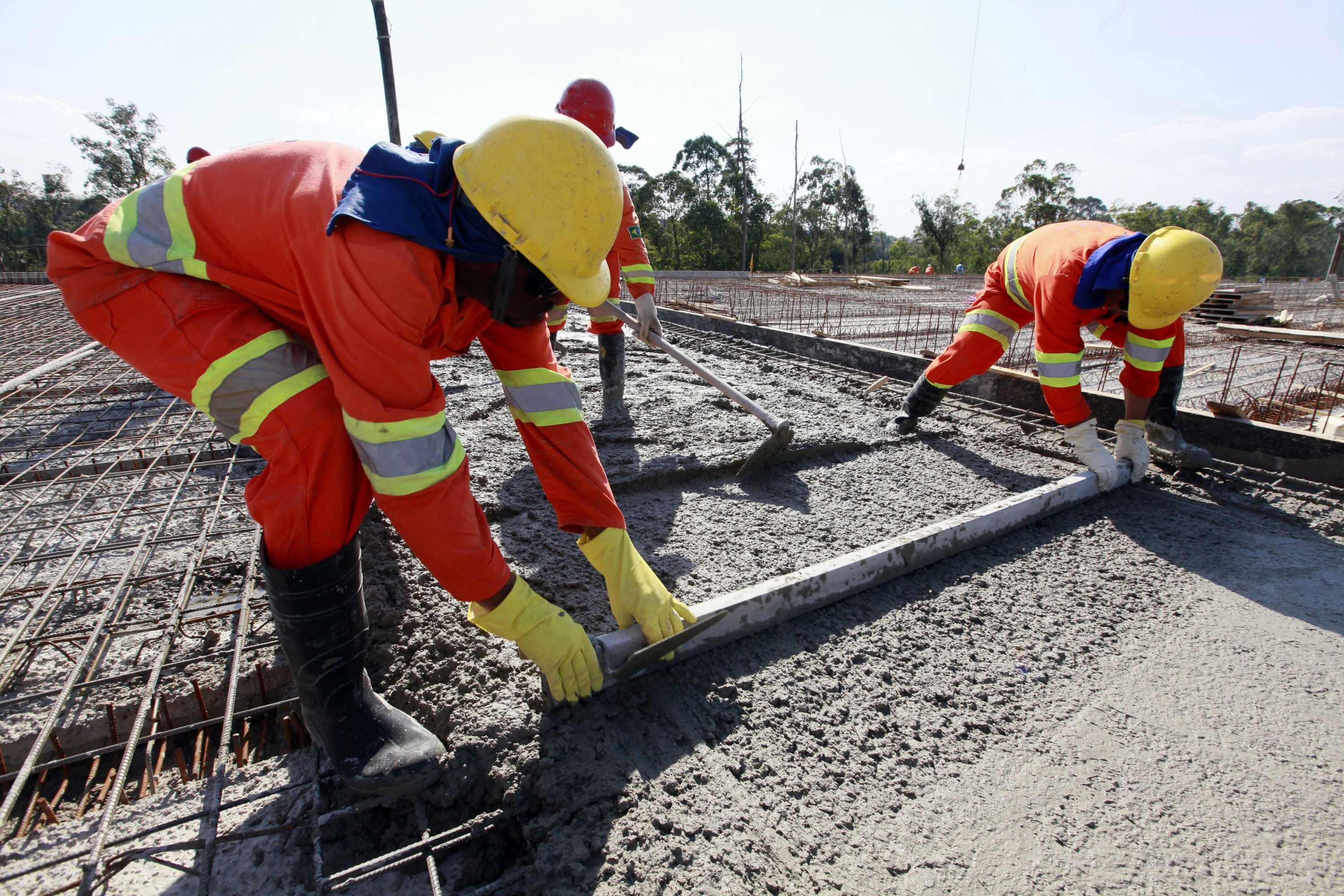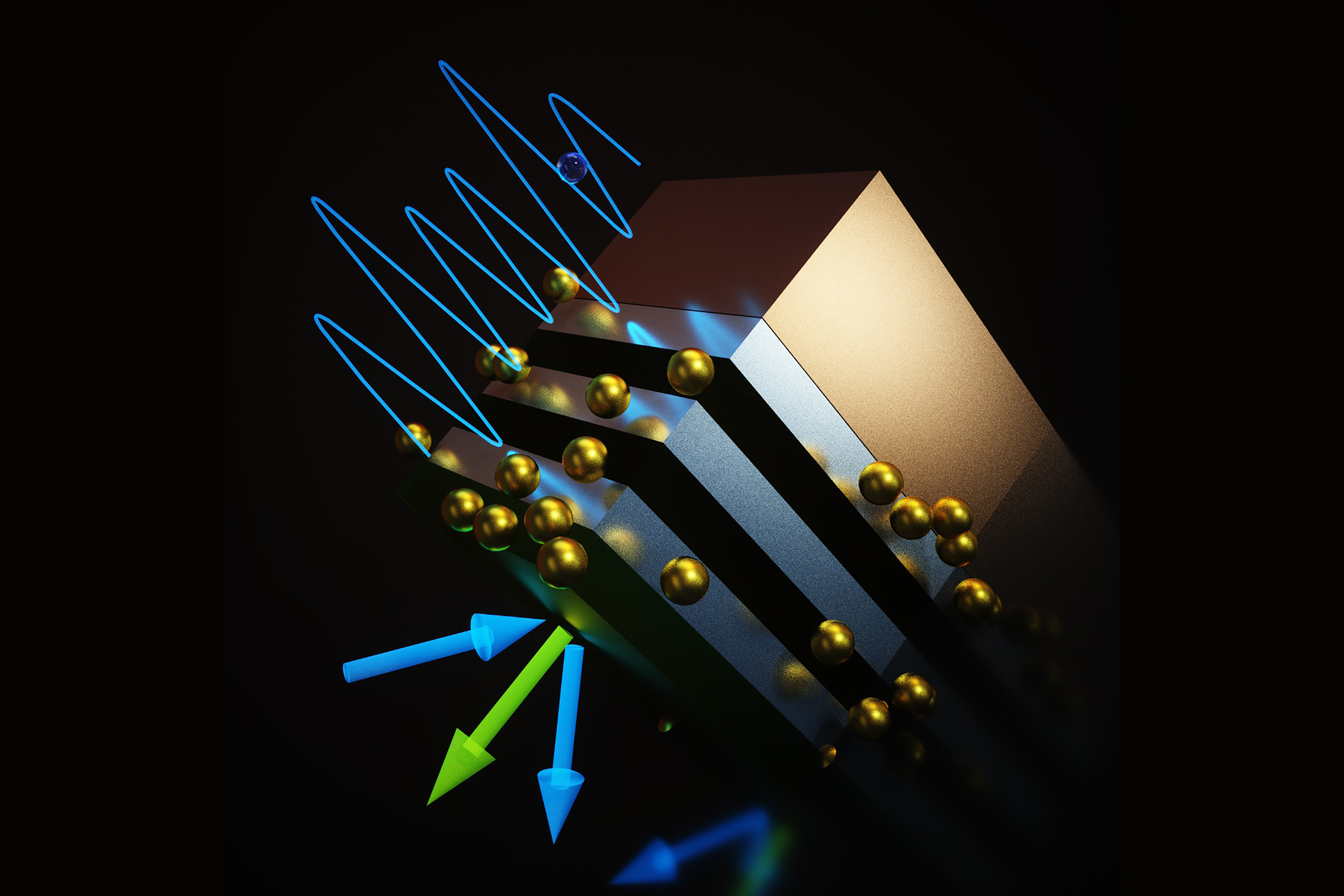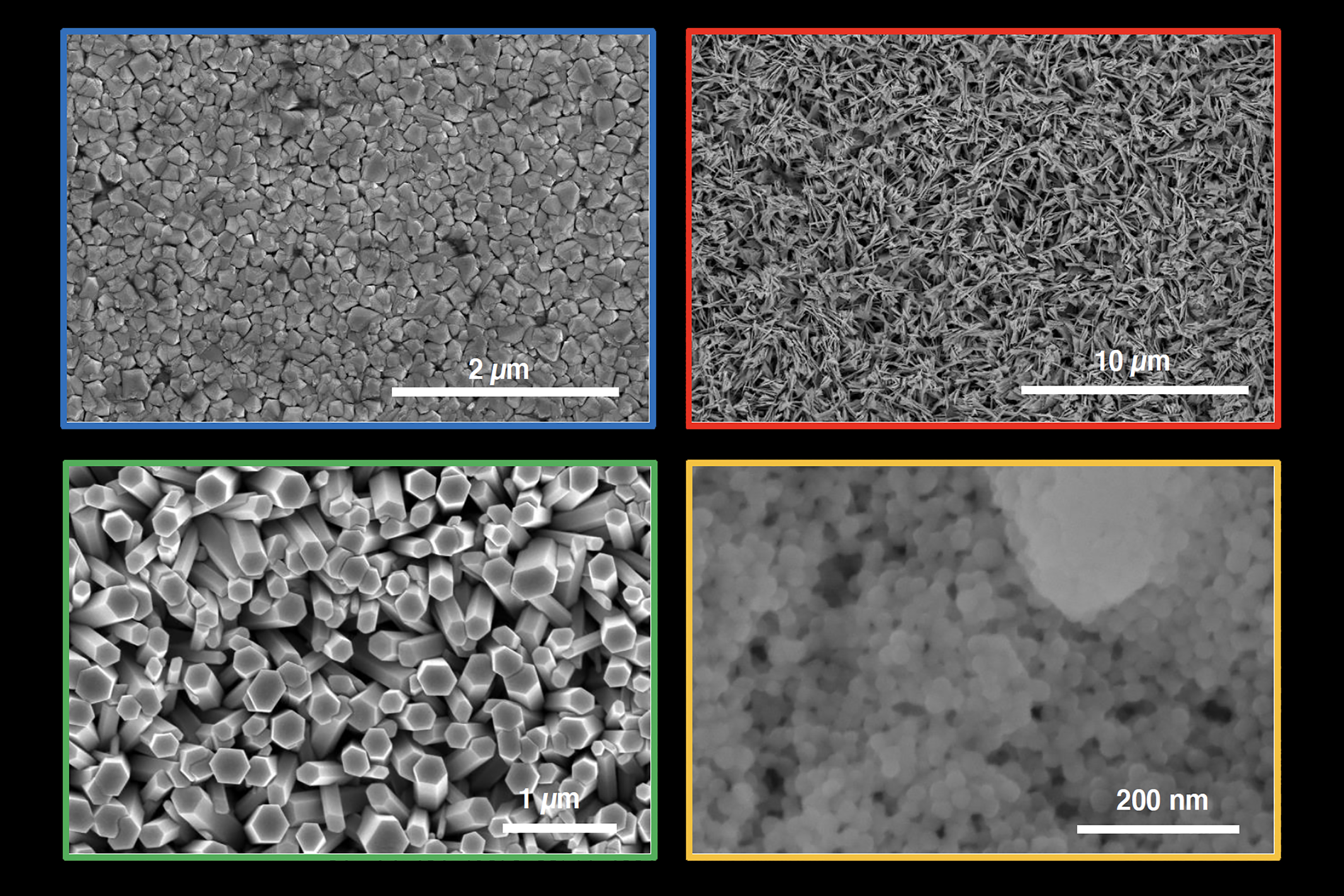MIT engineering students take on the heat of Miami
A collaboration between MIT and Miami-Dade County has students working with city planning officials to understand why people wait patiently for a bus — and why they bail.
Jane Halpern | Department of Electrical Engineering and Computer Science •
mit
June 23, 2023 • ~13 min
June 23, 2023 • ~13 min
A peculiar state of matter in layers of semiconductors
In a study that could benefit quantum computing, researchers show a superlattice embedded with nanodots may be immune from dissipating energy to the environment.
Matthew Hutson | Department of Nuclear Science and Engineering •
mit
Aug. 19, 2021 • ~6 min
Aug. 19, 2021 • ~6 min
Infrared cameras and artificial intelligence provide insight into boiling
MIT researchers train a neural network to predict a “boiling crisis,” with potential applications for cooling computer chips and nuclear reactors.
Matthew Hutson | Department of Nuclear Science and Engineering •
mit
July 7, 2021 • ~6 min
July 7, 2021 • ~6 min
/
2

